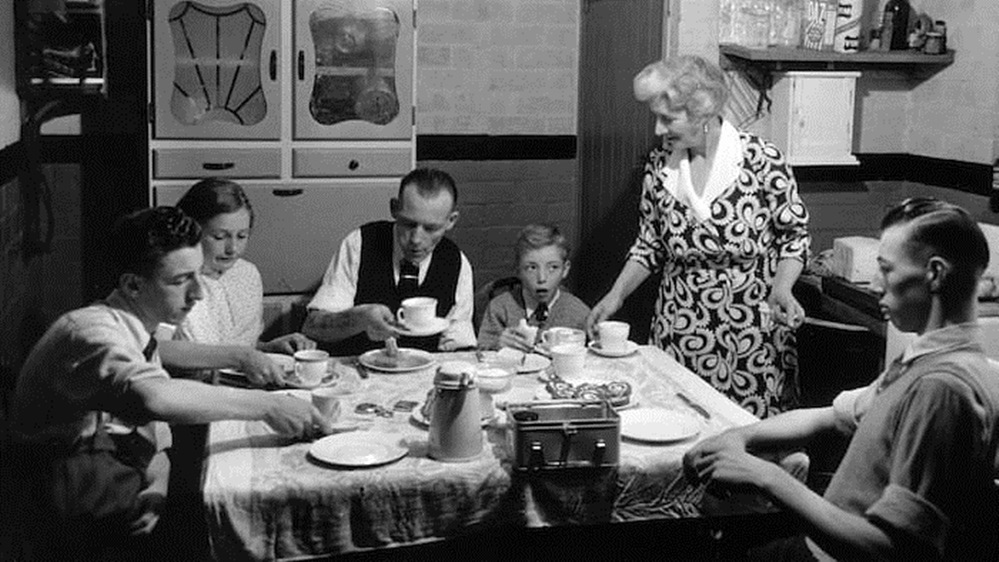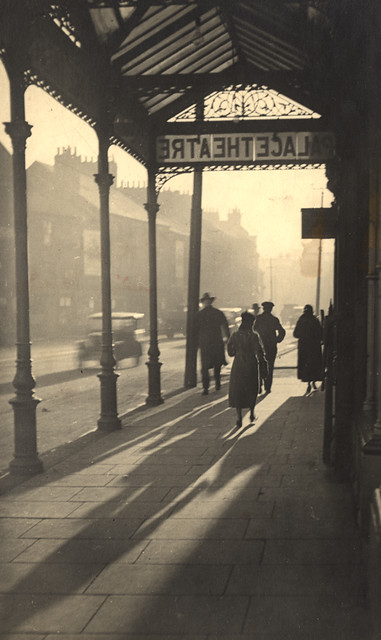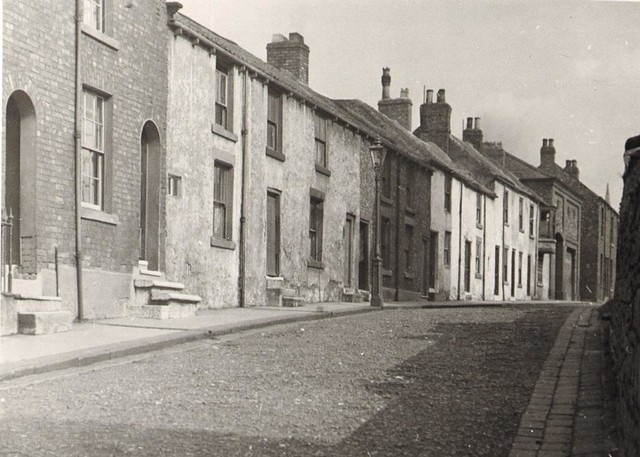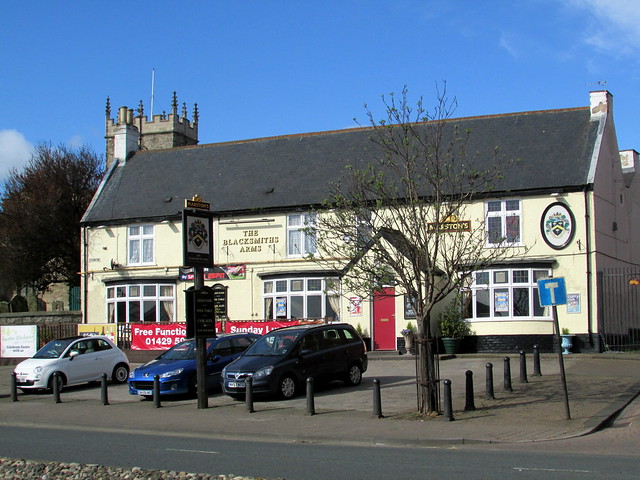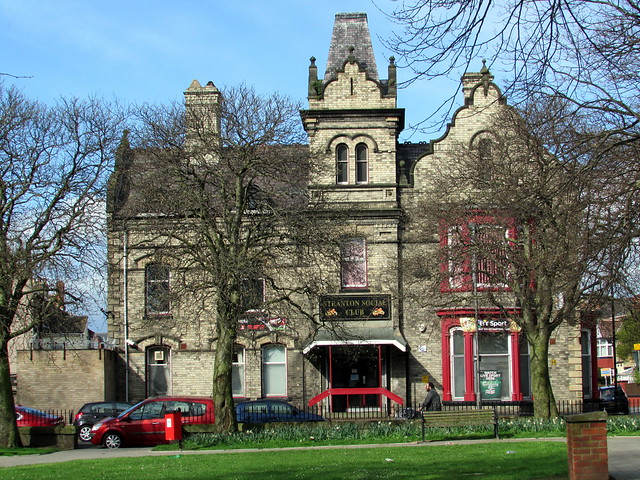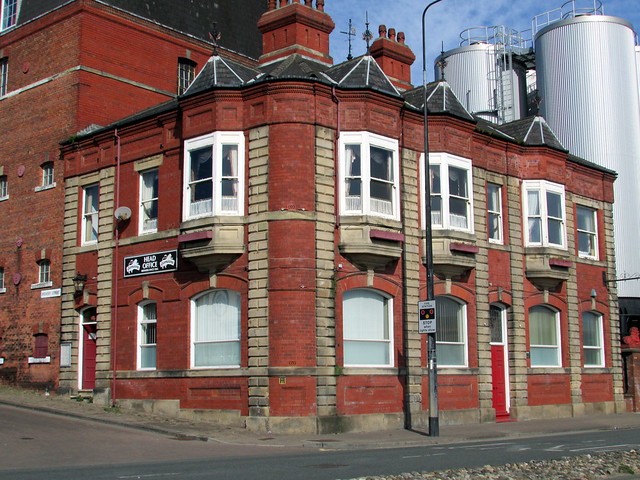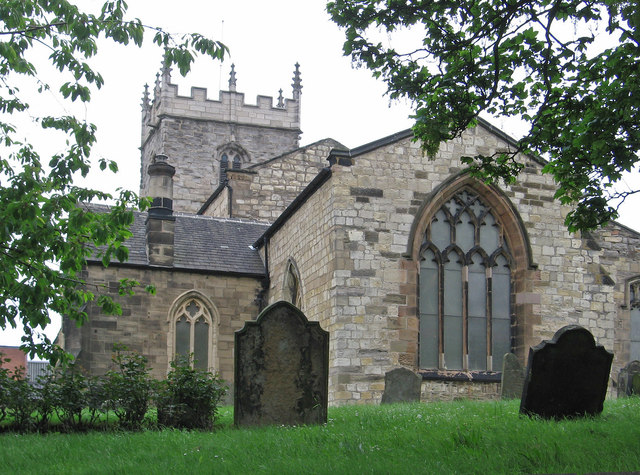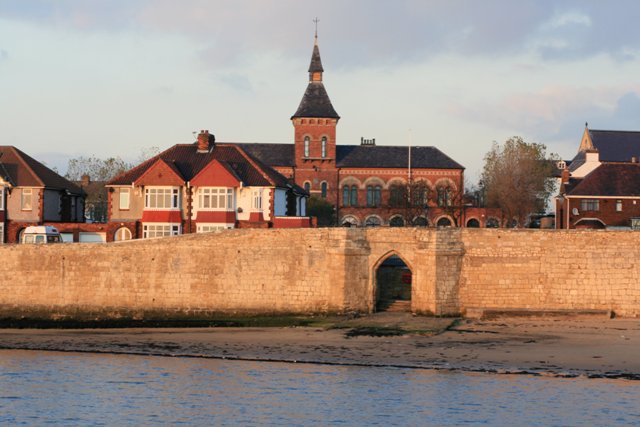memories of the Fifties!

-
Description
EVERYBODY who grew up in Fifties Britain will have his or her own indelible memories of their childhood, from the first taste of welfare orange juice to the birth of rock' n’ roll. The nation was recovering from the ravages of the Second World War and the camaraderie of wartime was still evident throughout the country. Children waking up on Christmas morning in 1952 had experienced rationing of food and clothes all of their lives. It was quite normal to go without the sweets, biscuits, crisps and fizzy drinks that would be taken for granted by future -generations . Before sweet rationing ended in February 1953 the most prized thing in your Christmas stocking would have been a small, two-ounce bar of chocolate. You probably didn’t get your first black and white television set until the late-Fifties. After all, only three million British households had one by 1954, with numbers increasing to almost 13 million by 1964. But it didn’t matter if you had no television because you could play in the streets without the fear of traffic or the obstruction of parked cars. Buses and bicycles were the most popular modes of transport. In 1950 there were just under two million cars in Britain, with only 14 per cent of households owning one. The most-popular models in the Fifties included the Ford Prefect 100E and the Austin A35 saloon. Many of us who grew up then have memories of houses that were draughty in winter with curtains hung behind the street door to reduce the flow of cold air and frost that formed overnight on the inside of bedroom windows. Outside, the larger urban areas suffered with dense, yellowish smogs – known as pea-soupers – caused by fog combining with coalfire emissions. In 1952 a particularly thick smog shrouded London and caused the deaths of an estimated 12,000 people. However, life was certainly not all doom and gloom. You grew up in a much safer environment than we can ever imagine these days. Children were able to enjoy the freedom of outdoor life. They played lots of rough-and-tumble games, got dirty and fell out of trees. The purple stains of iodine were always evident on the grazed knees of boys in short trousers. We would also dress up like cowboys and Indians, wear holsters with cap guns and point and shoot at each other. There was no such thing as health and safety or children’s rights. We were taught discipline at home and at school and corporal punishment was freely administered for bad behaviour. There was no mugging of old ladies and people felt that it was safe to walk the streets. There was very little vandalism and no graffiti. Telephone boxes were fully glazed and each contained a set of local telephone directories and a pay-box full of pennies. Youngsters respected and feared people in authority such as policemen, teachers, and park keepers, knowing that they would get a clip around the ear if they were caught misbehaving. Home life was much different from today. Everyone seemed to have a gramophone, an upright piano and a valve radio in their front room and there were ticking clocks all around the house. The kitchen was filled with products such as Omo washing powder and Robin starch and a whistle kettle was a permanent fixture on the kitchen stove. Most adults smoked and there were ashtrays in every room, even in the bedrooms. Most homes didn’t have a bathroom so people would either wash in a tin bath by the fireside or take a weekly trip to the local municipal baths where they could pay to have a hot bath in a little more comfort. Toilets were usually outside. We still managed to eat lots of wholesome food, which was always freshly cooked, and mums seemed always to be baking and though many of us didn’t have a fridge and went shopping for-groceries every day. Perishable foods were bought in small amounts just enough to last a day. It was quite usual to buy a single item of fruit. On Sundays everyone had a roast dinner and leftovers were made into stews and pies to eat later in the week. In 1950, 55 per cent of young children drank tea with their meals. Bread and beef dripping was standard fare but we cringed at the sight of a curled-up Spam sandwich. That was even worse than the daily spoonful of cod liver oil many of us had to consume. Boys and girls played street games together, such as run outs, hopscotch and British bulldog. In the playground schoolgirls practised handstands and cartwheels with their skirts tucked up under the elastic of their navy blue knickers, while the boys played conkers. We travelled in third-class compartments on train journeys to the seaside. In 1956 they were renamed second class. The change didn’t move you any higher up the social ladder but it made you feel there was a bit less of a social gap. At the seaside you wore a knitted bathing costume on the beach. Do you remember Pathé News at the cinema? Going to the pictures was everyone’s favourite outing, with all those wonderful stiff-upper-lip British film stars such as John Mills, Jack Hawkins, Kenneth More and Dirk Bogarde and great war films such as The Dam Busters, epics such as Ben-Hur and comedies such as The Belles Of St Trinian’s. When the film ended everyone stood for the National Anthem and stayed until it finished playing. For children the Saturday morning pictures provided the best fun. Every week, 200 to 300 unruly children would descend on a cinema for a couple of hours of film and live entertainment. The manager would regularly stop the film and threaten to send you all home if you didn’t behave and the solitary usherette was often forced to run for cover. It was controlled mayhem with the stalls and circle filled with children cheering for the goodies and booing the baddies. It introduced us to The Lone Ranger and Zorro and the slapstick comedy of Mr Pastry and Buster Keaton. Dusty, old-fashioned sweetshops had high wooden counters jam-packed with boxes of ha’penny chews and other sweet delights. Remember Lucky Bags and frozen Jubblys and getting a sore tongue from sucking on gobstoppers, aniseed balls and Spangles? Then there were those old Smith’s potato crisps. The salt was in a twist of blue paper and you always had to rummage around for it at the bottom of the bag. All your one-shilling-a-week pocket money would go on sweets and comics (yes, we used old money back then, pounds, shillings and pence). It was the decade of skiffle music with Lonnie Donegan and of the start of rock' n’roll with Bill Haley, Elvis Presley and Cliff Richard. Did you know that Cliff’s first hit Move It is credited as being the first rock'n’roll song produced outside the United States? Other British singers such as Tommy Steele, Marty Wilde, Billy Fury and Adam Faith first came to fame in the Fifties. But while everyone now remembers rock'n’roll, in reality the record buyers were suckers for-ballads and throughout the Fifties homegrown ballad singers had -British girls swooning in the aisles. I have memories of Bob-a-Job Week, as a Cub Scout, you lend a helping hand to friends and neighbours in exchange for a small payment, it ended in 1992 after concerns were raised over health and safety and child protection issues. “Sex was something mysterious which happened to married couples and Homosexuality was never mentioned; my mother later told me my father did not believe it existed at all ‘until he joined the army’. As a child I was warned about talking to ‘strange men’, without any real idea what this meant. I was left to find out for myself what it was all about.” It is hard to identify the Britain of today with how it was back then. The whole appearance of the country has changed, particularly in inner cities where so much building and development work has been done over the years. The wartorn dilapidated houses, derelict land and bomb sites that were the forbidden playgrounds of postwar baby boomers are now long gone. There was something cosy about growing up in the last decade in which most children retained their childish innocence to the age of 12 or 13 and enjoyed a carefree life full of fun and games. The stresses of adolescence and then adult life could wait. We were lucky. 1950s: what it was really like It was an era when women stayed at home, a 9-to-5 job meant just that, workers had a job for life and nobody had a Blackberry to ruin their holidays. When the Queen was crowned in 1953, food rationing was still in force, supermarkets were unheard of, and fish and chips were our undisputed national dish. How things have changed. But is our diet more healthy now than it was then? Despite the challenges of rationing, family diets still contained more bread, vegetables and milk than children have today. There was a succession of callers to the 1950s house. These would include the rag and bone man, a man with a horse and cart and a call of ‘any old rags’. The rag and bone man would buy your old clothes for a few pennies and mend your pots and pans when the bottoms went through. The milk man came daily and delivered your milk right on to your doorstep – again he would take away the empty bottles to be washed and re-used. The local shops would also deliver your groceries, bread and meat, the delivery boys using bicycles to make their rounds. The dustbin men worked extremely hard, carrying the old metal dustbins on their backs from the householder’s back door to the cart and then returning them back. Fear of Polio held a reign of terror over this nation for decades. But unless you were born before 1955, polio may seem to be just another ephemeral disease that has been nonexistent for years. Those born before 1955 remember having a great fear of this horrible disease which crippled thousands of once active, healthy children. This disease had no cure and no identified causes, which made it all the more terrifying. People did everything that they had done in the past to prevent the spread of disease, such as quarantining areas, but these tactics never seemed to work. Polio could not be contained. Many people did not have the money to care for a family member with polio. I can remember the days before the internet, local radio, Sky Sports etc. The was no information on Saturday matches other than the results on the TV and radio starting at approx 4.40. (Matches finished much earlier then. They started on time; there was only 10 minutes half time; there as very little added time) In those days the only match reports on the day came in the Green’un. It was delivered just after 6.00 pm and, amazingly, there would be people queuing in the shops waiting for it. The reports usually had a lot of detail on the first half but next to noting on the second half. (Not surprising as the reporters had to send their reports by telephone at half time and full time) The green-un and a pink-un. One printed by the Evening World and the other by the Evening Post. 1950s memories * We walked to school, had open fires and no central heating * we spent our holidays in the UK * No bathroom just a tin bath * The outside toilet, you wiped your rear end with newspaper * Cod fish fingers produced in Great Yarmouth were introduced in Britain in 1955. * Chickens were for high days and holidays only as they were very expensive. * Rabbit was eaten a lot those days. * Pickled beef was a favourite of our family back in the 50s. The beef would be chosen and then pickled by the butcher. * cows udder served warm with brown bread and butter. Also pigs trotters cooked until the crackling and meat falls off the bone. * It was always stew and dumplings on Mondays as it was wash day and it was easiest to cook and always fish on Fridays. * Mums used to do their weekly baking on Saturdays. * In the summer we always went blackberry picking so had plenty of jams and pies. Some families had allotments so soft fruit was available. * We certainly ate dates, they were delicious. * worms in apples * We had our first television set in 1955 * Butter was also sold from a large block and the grocer would pat it into smaller blocks with wooden paddles. * Very few cars, lots of buses, neighbours talking on the doorstep and helping each other and the mangle in the garden for the weekly wash. * fresh fish...cockles, mussels * REAL butter * chicken was only eaten at Christmas * no ordinary family had turkey at Christmas * The Corona popman would come round on a Friday selling bottles of lemonade. You'd save up the empty bottles which were worth tuppence each. * broken biscuits from Woolworth * cheese cut with a wire from a large block * coal delivered in heavy sacks by filthy men * boxes of shredded suet. * toasting bread and crumpets over a real coal fire * fruit salad with Carnation milk * home made rice pudding * Stewed steak and Onions * bread and dripping with lots of salt * Meat and Potato Pie * Fresh bacon cut on a slicer to the thickness of your choice * Bubble and Squeak on a Monday with leftovers from Sundays roast * homemade Jam in a sandwich * ration books! * Brylcream * Sunday School * Kids were still innocent and weren't trying to grow up too fast. * Very few people were fat. * Kids rode bikes and played outside. * signs in house windows that said 'Rooms to Let: No dogs, no coloureds'. * No fast food in those days, other than fish and chips! * Pasta had not been invented. * Curry was a surname. * Olive oil was kept in the medicine cabinet * Spices came from the Middle East where they were used for embalming * Herbs were used to make rather dodgy medicine. * A takeaway was a mathematical problem. * A pizza was something to do with a leaning tower. * Bananas and oranges only appeared at Christmas time. * The only vegetables known to us were spuds, peas, carrots and cabbage, * All crisps were plain; the only choice we had was whether to put the salt on or not. * Condiments consisted of salt, pepper, vinegar and brown sauce if we were lucky. * Soft drinks were called pop. * Coke was something that we put on the fire. * A Chinese chippy was a foreign carpenter. * Rice was a milk pudding, and never, ever part of our dinner. * A Big Mac was what we wore when it was raining. * A Pizza Hut was an Italian shed. * A microwave was something out of a science fiction movie. * Brown bread was something only poor people ate. * Oil was for lubricating, fat was for cooking * Bread and jam was a treat. * Tea was made in a teapot using tea leaves and never green. * Coffee was Camp, and came in a bottle. * Cubed sugar was regarded as posh. * Figs and dates appeared every Christmas, but no one ever ate them. * Coconuts only appeared when the fair came to town. * Jellied eels were peculiar to Londoners. * Salad cream was a dressing for salads, mayonnaise did not exist * Hors d'oeuvre was a spelling mistake. * The starter was our main meal. Soup was a main meal. * Only Heinz made beans. * Leftovers went in the dog. * Special food for dogs and cats was unheard of. * Fish was only eaten on Fridays. * Fish didn't have fingers in those days. * Eating raw fish was called poverty, not sushi. * Ready meals only came from the fish and chip shop. * For the best taste fish and chips had to be eaten out of old newspapers. * Frozen food was called ice cream. * Nothing ever went off in the fridge because we never had one. * Ice cream only came in one colour and one flavour. * None of us had ever heard of yoghurt. * Jelly and blancmange was only eaten at parties. * If we said that we were on a diet, we simply got less. * Healthy food consisted of anything edible. * People who didn't peel potatoes were regarded as lazy. * Indian restaurants were only found in India . * Brunch was not a meal. * If we had eaten bacon lettuce and tomato in the same sandwich we would have been certified * A bun was a small cake back then. * The word" Barbie" was not associated with anything to do with food. * Eating outside was a picnic. * Cooking outside was called camping. * Seaweed was not a recognised food. * Pancakes were only eaten on Pancake Tuesday * "Kebab" was not even a word never mind a food. * Hot dogs were a type of sausage that only the Americans ate. * Cornflakes had arrived from America but it was obvious they would never catch on. * The phrase "boil in the bag" would have been beyond comprehension. * The idea of "oven chips" would not have made any sense at all to us. * The world had not heard of Pot Noodles, Instant Mash and Pop Tarts. * Sugar enjoyed a good press in those days, and was regarded as being white gold. * Lettuce and tomatoes in winter were only found abroad. * Prunes were medicinal. * Surprisingly muesli was readily available in those days, it was called cattle feed. * Turkeys were definitely seasonal. * Pineapples came in chunks in a tin; we had only ever seen a picture of a real one. * We never heard of Croissants and we certainly couldn't pronounce it, * We thought that Baguettes were a problem the French needed to deal with. * Garlic was used to ward off vampires, but never used to flavour food. * Water came out of the tap, if someone had suggested bottling it and charging more than petrol for it they would have become a laughing stock. * Food hygiene was all about washing your hands before meals. * Campylobacter, Salmonella, E.coli, Listeria, and Botulism were all called "food poisoning." * The one thing that we never ever had on our table in the fifties …. elbows. do you have any memories of the 1950s? -
Owner
brizzle born and bred -
Source
Flickr (Flickr) -
License
What does this mean? Attribution-NonCommercial-ShareAlike License
-
Further information
Link: https://www.flickr.com/photos/20654194@N07/15536173983/
Resource type: Image
Added by: Peter Smith
Last modified: 7 years, 11 months ago
Viewed: 1151 times
Picture Taken: 2014-12-31T13:58:47 -
Co-Curate tags
